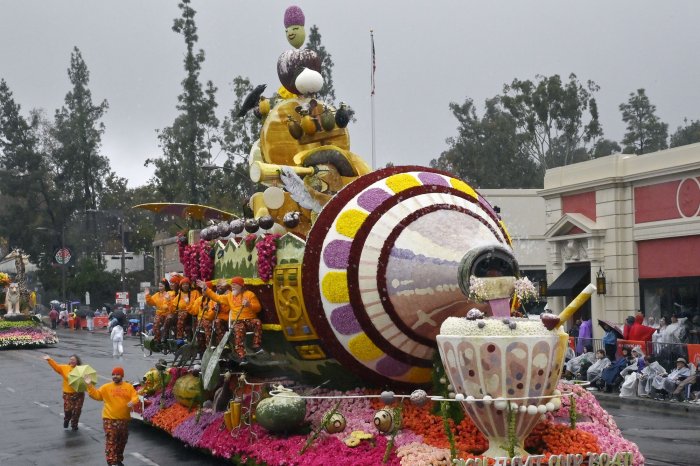Left-wing militant group claims it set fire to Berlin power plant
A pedestrian walks on a darkened street in the Zehlendorf district in southwest Berlin on Sunday after a large-scale power outage the day before, which a far-left activist group has taken credit for as an “action in the public interest.” Photo by Filip Singer/EPA
Jan. 4 (UPI) — A far-left activist group sent police a letter taking credit for setting fire to part of a power plant near Berlin, leaving nearly 50,000 customers in the dark, as a protest against the fossil fuel industry.
The German activist group Vulkangruppe, or Volcano Group, acknowledged in a 2,500-word letter that it set a fire on Saturday near the Lichterfelde heat and power station, damaging high-voltage cables to “cut the juice to the ruling class,” The Guardian reported.
On Sunday morning, Stromnetz Berlin, the power company that owns the station, reported that roughly 45,000 homes and 2,200 businesses had lost power in the outage, Deutche Welle reported.
The power company said that while some connections have been turned back on in small waves, some customers may not have their electricity until as late as Thursday afternoon.
Some schools may also be closed for the part of the week because they do not have power, The BBC reported.
“We are expecting damage costing millions to plants and machines and owing to high losses in revenue,” Alexander Schirp, director of the regional business associations in Berlin and Brandenburg, said of the arson.
“This is a serious problem and stokes a feeling of insecurity in the business world,” he added.
Early Saturday, cables near the power plant were spotted burning and incendiary devices were later found to have caused the inferno.
In the aftermath, several hospitals and health care facilities received emergency generators, but many people had to be moved from either facilities or their own homes because there was no power.
Vulkangruppe said in the letter, which police have said is credible, that they set the fire in an “act of self-defense and international solidarity with all those who protect the Earth and life.”
The group condemned “greed for energy” by burning fossil fuels for the ever-growing electricity needs of humanity, and specifically called out the massive, and exponentially growing, use of electric for artificial intelligence computing.
“We are contributing to our own surveillance and it is comprehensive. The tech corporations are in the hands of me with power, which we give them,” the group wrote, calling the fire an “action in the public interest.”
Vulkangruppe previously took credit for a fire that was set at Tesla’s Gigafactory in Berlin in March 2024.
That arson included deliberately setting fire to a high-voltage electric pole, which damaged the electric line and cut power to the surrounding area, including the plant, officials said at the time.

